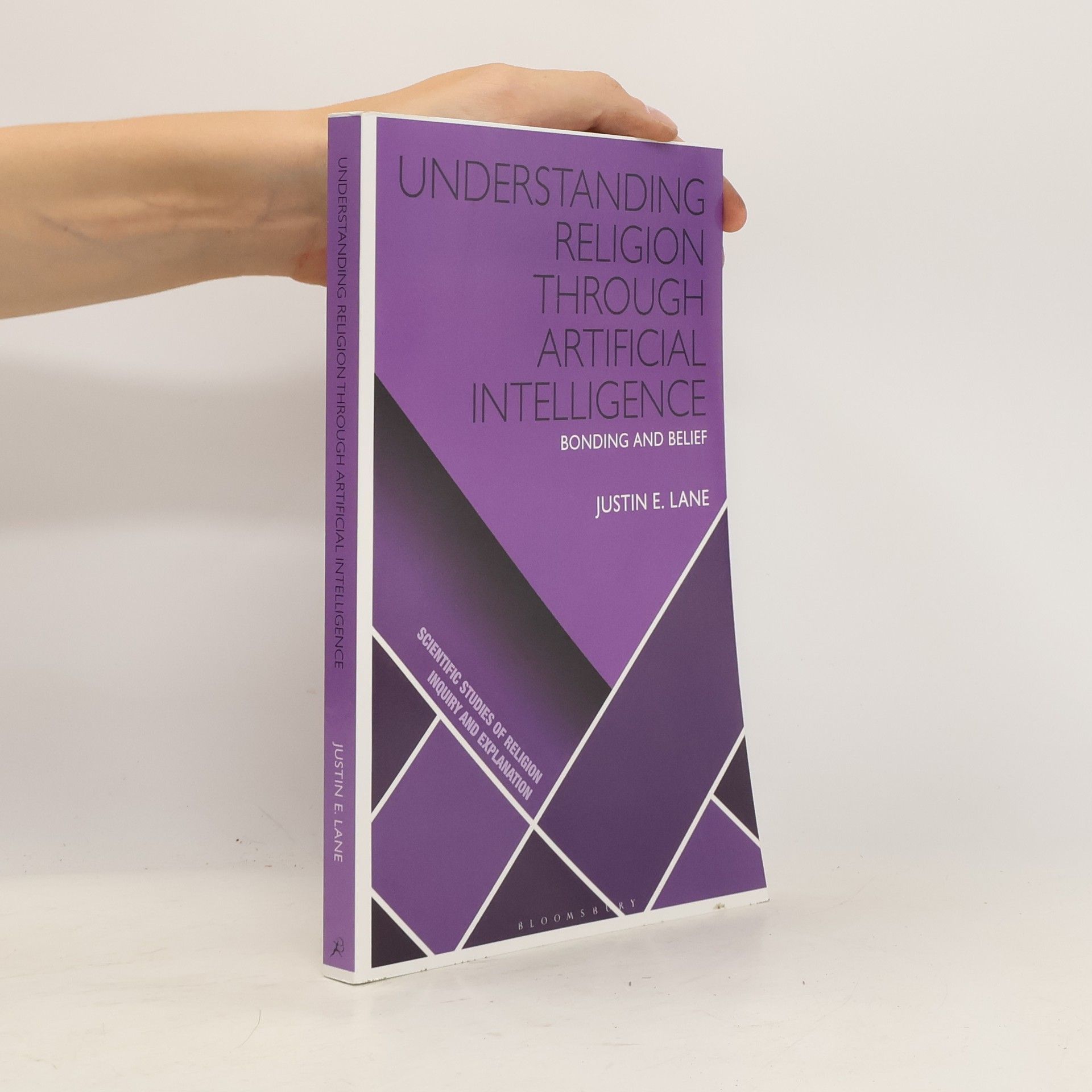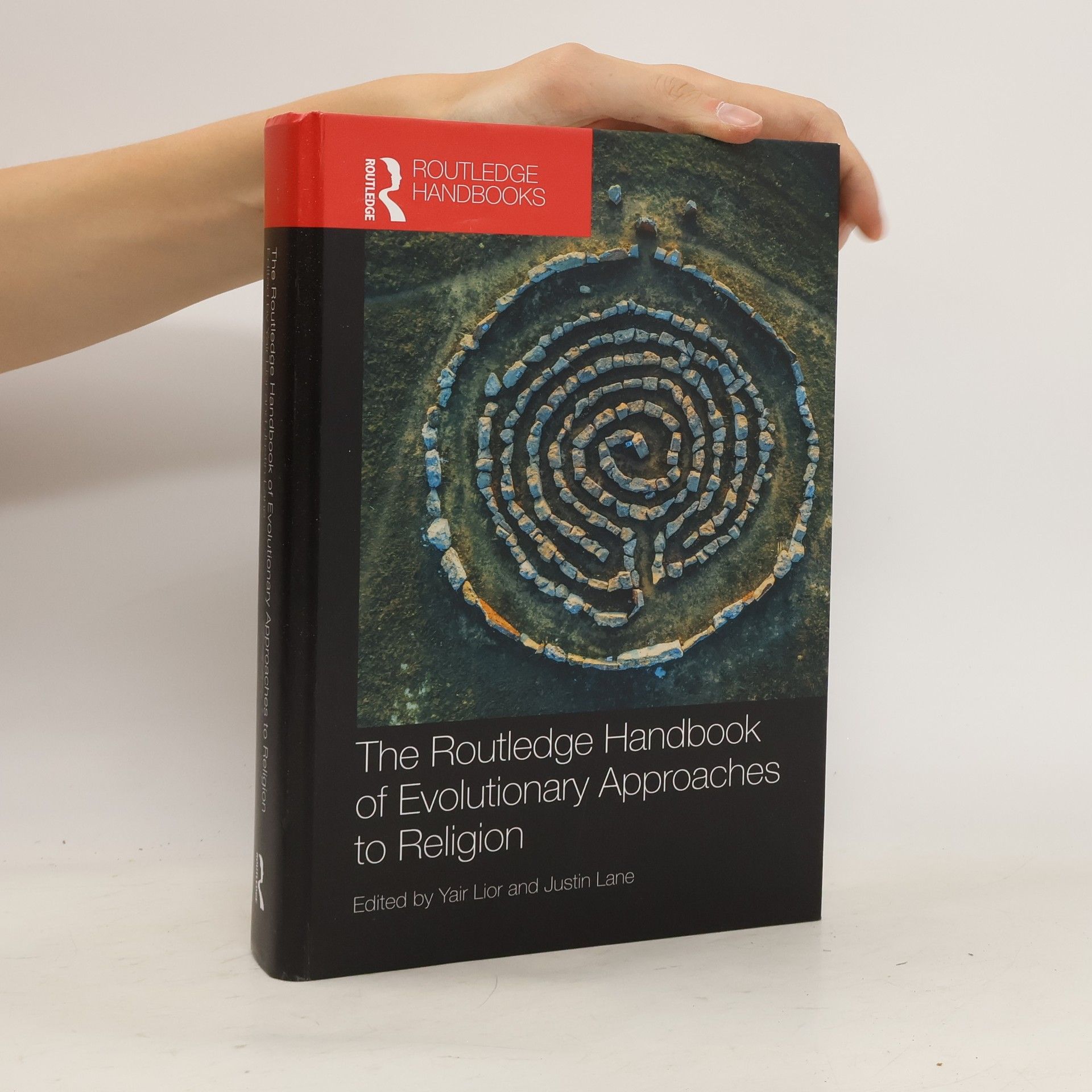The past two decades have seen a growing interest in evolutionary and scientific approaches to religion. The Routledge Handbook of Evolutionary Approaches to Religion is an outstanding reference source to the key topics, problems and debates in this exciting and emerging field. Comprising over thirty chapters by a team of international contributors the handbook pulls together scholarship in the following Within these sections central issues, debates and problems are examined, Cliodynamics, cultural group selection, costly signaling, dual inheritance theory, literacy, transmitting narratives, prosociality, supernatural punishment, cognition and ritual, meme theory, fusion theory, sexual selection, agency detection, evoked culture, social brain hypothesis, theory of mind, developmental psychology, emergence theory, social learning, cultural cybernetics, cultural epidemiology, evolutionary and cultural psychology, memetics, by-product and adaptationist theories of religion, systems and information theory, and computer modeling. This Handbook is essential reading for students and researchers in religious studies and anthropology. It will also be very useful to those in related fields, such as psychology, sociology of religion, cognitive biology, and evolutionary biology.
Justin E. Lane Libri
Un autore indipendente spinto da una profonda passione per la narrazione e da una vivida immaginazione, questo scrittore crea mondi immersivi da esplorare per i lettori. Con l'impegno a produrre un lavoro di qualità, è desideroso di condividere le sue creazioni e accoglie con favore il feedback dei lettori mentre emerge al pubblico.


In Understanding Religion through Artificial Intelligence, Justin E. Lane looks at the reasons why humans feel they are part of a religious group, despite often being removed from other group members by vast distances or multiple generations. To achieve this, Lane offers a new perspective that integrates religious studies with psychology, anthropology, and data science, as well as with research at the forefront of Artificial Intelligence (AI).After providing a critical analysis of approaches to religion and social cohesion, Lane proposes a new model for religious studies, which he calls the “Information Identity System.” This model focuses on the idea of conceptual ties: links between an individual's self-concept and the ancient beliefs of their religious group. Lane explores this idea through real-world examples, ranging from the rise in global Pentecostalism, to religious extremism and self-radicalization, to the effect of 9/11 on sermons. Lane uses this lens to show how we can understand religion and culture today, and how we can better contextualize the changes we see in the social world around us.